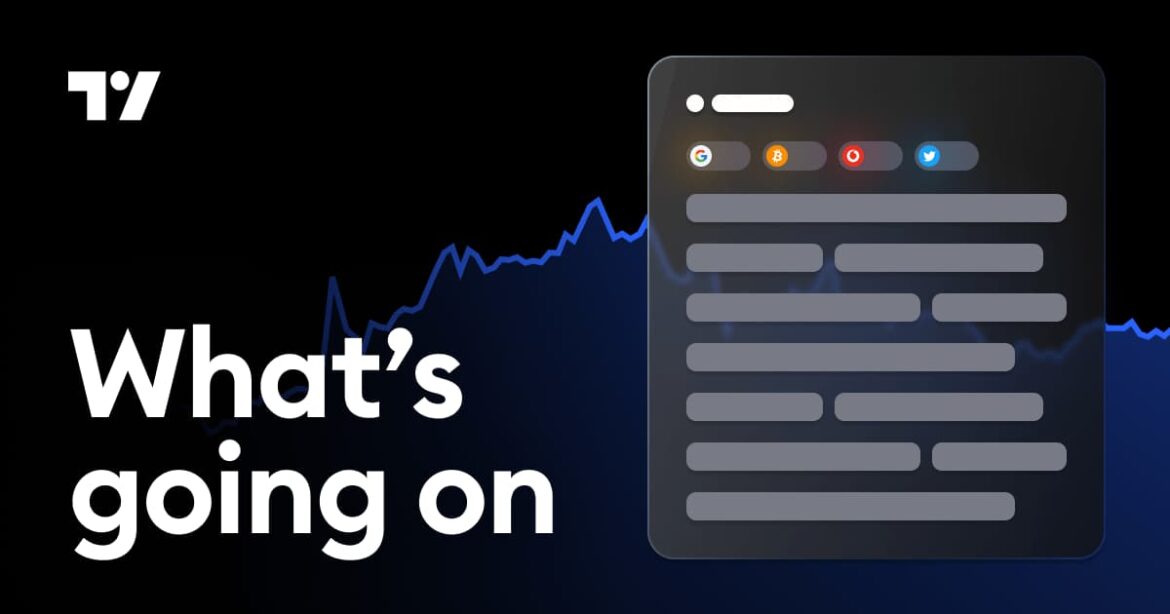An auction of super-long Japanese government bonds on Thursday serves as the latest test for global debt markets nervous about growing deficits and debt obligations.
Thirty-year bonds have become a pain point for Japan, the United States, and across Europe as investors demand ever higher yields to hold debt for longer with no signs of improvement in the sovereigns’ balance sheets.
Yields on 30-year Japanese government bonds (JGBs) shot up 8.5 basis points to a record 3.285% on Wednesday, after scaling a series of peaks in recent months. On Thursday, the Ministry of Finance aims to sell about 700 billion yen ($4.75 billion) of 30-year paper.
Japan is often looked to as a test case for developed countries in how to cope with an ageing population, massive amounts of debt to service, and a need to wean the economy off of central bank stimulus. Although JGB yields have risen sharply of late, they remain low relative to other major sovereign issuers.
The JGB market has been at the whim of political uncertainty at home and the gravitational effect of an increase in long-term yields across the globe. Yields on 30-year debt recently hit a seven-week high in the U.S., a more than 16-year high in France, a 14-year peak in Germany, and levels not seen since 1998 in Britain.
“Not only Japan but in Europe and the U.S., people have a steepening bias right now,” said Toshinobu Chiba, a Tokyo-based fund manager at Simplex Asset Management. “People don’t want to take that longer duration risk.”
 Thomson ReutersYields rise, worries follow
Thomson ReutersYields rise, worries follow
JGB yields began to surge in late May, particularly on the longer end of the curve, as diminishing demand among life insurers and other traditional buyers led to poor results at debt auctions.
To cap yields and help reset the supply-demand balance, the MOF reduced issuance of some long-dated tenors, starting in July. Market sources told Reuters last week the ministry has been sounding out primarily dealers about another reduction of long-dated bond sales.
The JGB market was dealt another blow in mid-July when the coalition of fiscal hawk Prime Minister Shigeru Ishiba was clobbered in upper house elections. Outsider parties campaigning on tax cuts and increased spending gained seats, and speculation has swirled that Ishiba’s Liberal Democratic Party will call a leadership vote and choose a more spendthrift leader.
“We think risk premia will be politically driven and expect them to move higher if concerns about expansionary fiscal policy intensify and decline if those concerns ease,” Takahiro Otsuka, senior fixed income strategist at Mitsubishi UFJ Morgan Stanley Securities, wrote in a note.
The 30-year JGB yield may drift higher to about 3.8% if the LDP calls a leadership vote, Simplex’s Chiba said.
Ishiba has pledged to stay on, and even with no immediate political shake-ups, the nation’s budget requests for the next fiscal year amounted to a record for the third straight year, the finance ministry said on Wednesday.
And the eventual amount could go even higher, as local media reported that Ishiba plans to ask ministers to compile an economic stimulus package to be funded by an extra budget.
All that will weigh on traders’ minds as the MOF’s 30-year debt auction on Thursday approaches. The previous two auctions saw relatively healthy demand, based on the ratios of total bids to the amount of bonds on sale.
But signs of improvement in the economy, reflected in a recent run-up in Japanese share indexes to record levels, add another headwind for JGBs, said Naka Matsuzawa, chief macro strategist at Nomura Securities.
“It’s kind of hard to resist that trend until the stock market stops rising,” Matsuzawa said. “I think that the next auction will still remain rather weak as there’s no determined buyer at this point.”
($1 = 147.3300 yen)


AloJapan.com